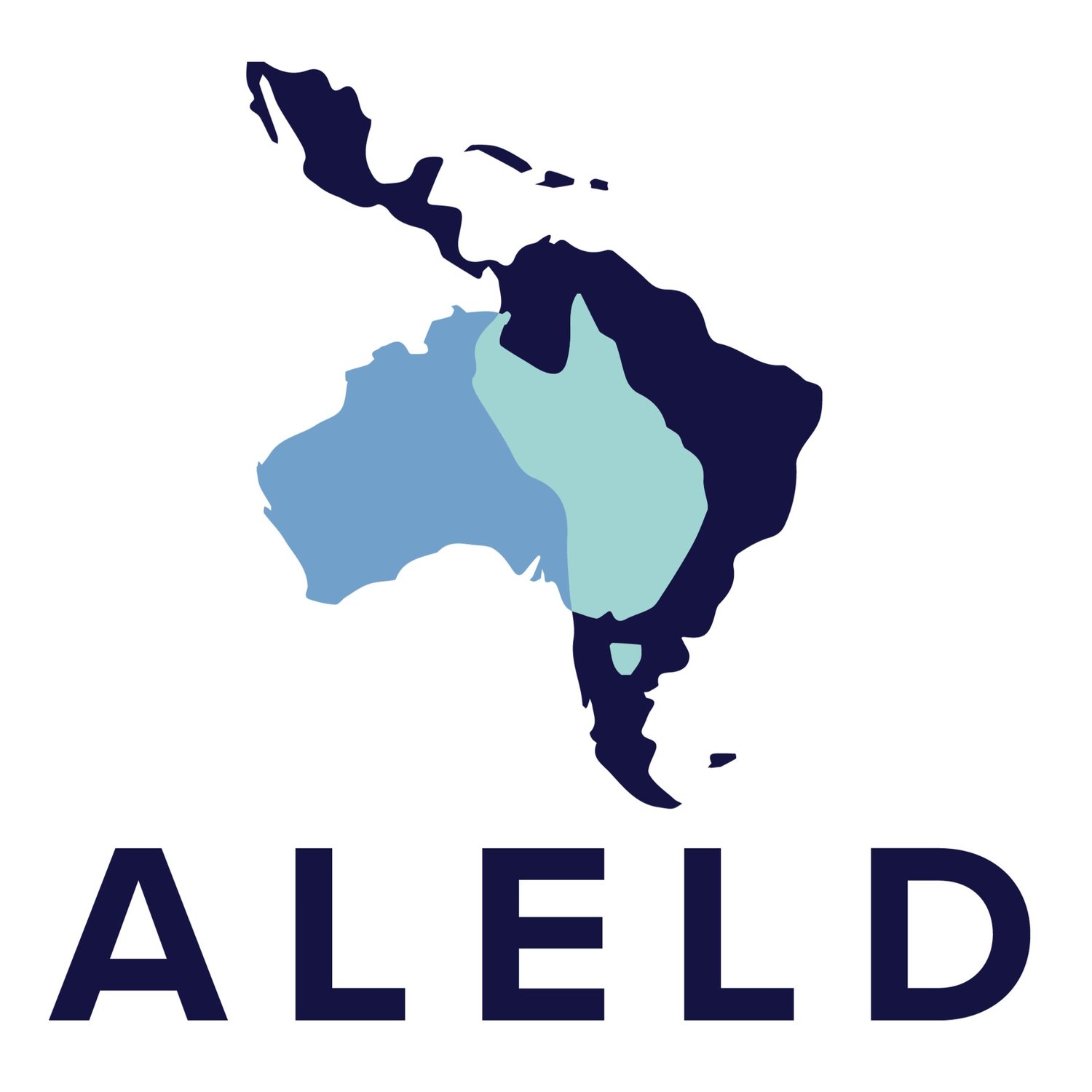Chileans Overwhelmingly Support New Constitution in Historic Plebiscite
Image source: BBC
In the midst of a global pandemic, much older problems were brewing in Chile. On Sunday 25 October, Chileans flocked to vote in an historic referendum to decide whether to draft a new constitution. The results were unequivocal: The apruebo camp received 78% of the vote, while rechazo gained only 22%. In addition, citizens largely rejected any political involvement in the drafting of the new constitution, opting instead for a popular assembly of elected individuals to charter the country’s future. At a turnout of almost 51%, it had one of the highest rates of participation in recent history.
A brief history illustrates the significance of last weekend’s vote. Chile’s Constitution was drafted behind closed doors during the military dictatorship of 1973 – 1990 that oversaw the deaths, ‘disappearances’ and torture of tens of thousands and the exile of up to a million people, many to Australia. It was approved in a 1980 referendum widely regarded as fraudulent and laid the foundations for the neoliberal agenda that characterised the dictatorship and flowed over in the transition to democracy. Chile is one of the wealthiest yet most unequal societies in Latin America as a result, with 67% of wealth concentrated in just 10% of the population and 25% in the top 1%. The minimum wage is just 320, 500 pesos, or $590 a month. This equates to just $3.20 per hour due to their extraordinarily long working week of 45 hours. This is 80% lower than the minimum wage in Australia, despite the cost of living being only 40% lower than it is in Australia. Retirees get even less, at an average of just $200 per month. Almost nothing is left unprivatised – healthcare, the pension and education systems are all privately-run for-profit ventures. Although some minor changes to the Constitution have been made since the dictatorship era, many provisions including those dealing with education, military and mining require supermajority approval by an undemocratic Tribunal Constitutional (Constitutional Court).
Constitutional reform came onto the political agenda in late 2019 when a 4c increase in metro fares proved la gota que colmó el vaso (literally: ‘the drop that filled the glass’) and sparked widespread protests over broader issues of social inequality. At the height of the protests, over one million people marched in the capital, Santiago. The President, Sebastián Piñera, announced that the country was ‘at war against a dangerous enemy’ and responded with a harsh military crackdown uneasily reminiscent of the dictatorship years. Many protestors suffered severe eye injuries at the hands of police, with the National Human Rights Institute of Chile filing over 1600 cases against the police and military for human rights abuses during the protests. When scrapping the fare hike and promises of social reform including increasing the minimum wage failed to placate protestors, the government agreed to hold a referendum on reforming the Constitution, seen by many to be at the root of the problems facing Chile.
Despite the violence that preceded the referendum, the plebiscite, which was originally scheduled to be held in April but was postponed due to the pandemic, was a largely peaceful affair. Celebrations were a-plenty, with thousands flocking to the streets following the announcement of results to express their jubilation.
Nevertheless, as a friend remarked, deciding on a new Constitution was the easy part. Now comes the hard work. Controversy is sure to follow the drafting process, with a second referendum to approve or reject the result in 2022.
Content Disclaimer
The views expressed in this article are those of the author and do not necessarily represent the views or opinions of the Australia-Latam Emerging Leaders Dialogue.

